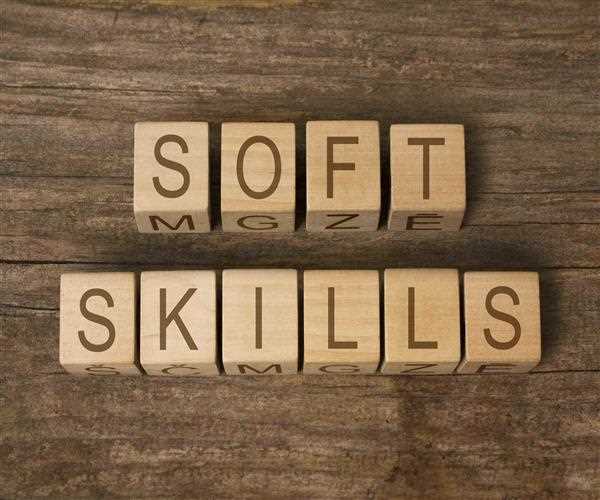Of course, ‘hard’ or technical skills are critical to successful management and leadership, but the softer qualities are equally if not more important as they directly affect your most treasured asset, your staff. Qualities such as trust, good communication, and effective listening are crucial to a happy, productive work environment. Let’s have a look at five core soft skills that every manager should be aware of:
1. Communication
There is no overstating the importance of excellent communication; it lies at the heart of every successfully happy and productive workspace. As a leader, it is critical that you spend time honing your interpersonal skills so that you can effectively communicate between the staff for who you are directly responsible, the CEOs in your organization and your clients. Excellent communication means strong relations and high productivity (and makes you more employable).
2. Listening
Being a good listener in the professional arena has a multitude of benefits; it allows you to fully understand a situation (from all sides) before making a business-critical decision, it means you fully understand your workforce and what motivates them to get the most productivity out of your team.It also makes your team feel valued and important, that their ideas and opinions are trusted. Do not underestimate the power of active listening.
3. Trustworthiness
If you have earned the trust of your team, then you are being an effective manager. A trusted manager will be approachable, able to admit when they have made a mistake (and successfully communicate a solution), provide a transparent working environment that their team can feel comfortable in, and will earn the full respect of their co-workers.
4. Delegation
Delegation is a critical people skill that actually calls upon other soft skills such as listening and communication. Trying to assign many tasks to just one or two people can stretch resources and demotivate the rest of the team. Good delegation is about identifying the right people for the right job, knowing who might have the potential to up-skill to take on new tasks successfully and to listen to what might motivate people so they are doing more of what they enjoy and are being rewarded, supported and encouraged appropriately. There are many more skills that help to develop an effective leader, however, such as those trained by the Corporate Coach Group.
5. Critical Thinking
Analyzing a problem from multiple angles and points of view allows for more advanced decision making. Looking beyond face value, listening to staff, evaluating situations, approaching problem-solving strategically and asking more in-depth questions allows for better critical decision making.
6. Motivation
Proportionately rewarding staff for good work can reap dividends if you know what motivates them and what they are capable of. To be a good motivator requires great listening skills and a style of leadership that allows for a collaborative workspace. A motivated staff member will always feel like an integral, involved part of the business and have access to opportunities for training and growth.
These are just a few of the soft skills required to be a successful leader. Training is a very effective way of developing as a leader, and for your personal, professional development and in an ever-changing and increasingly more technological world, soft skills are only going to become more important.




Leave Comment